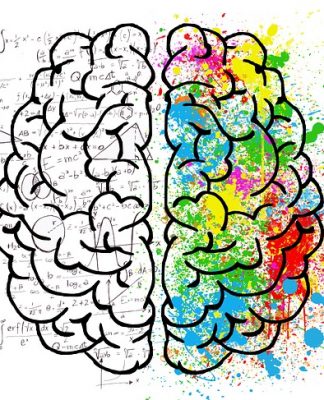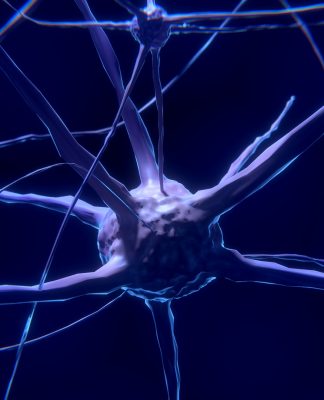We can experience longing for something we had and lost, or we can long for something
we never had in the first place. A person may already have a partner but long for
something more, or maybe different, that he or she believes will bring fulfillment.
Frequently people neglect to attend to their deeper needs in their choice of a partner,
meeting other needs instead, such as security or shared values. As a result, some may
eventually hunger for a relationship that has passion or vibrancy.
However, even people who are in a passionate and vibrant relationship can experience
longing when there is a failure to achieve satisfying levels of intimacy, particularly when
there is a loss of emotional safety in the relationship, including feelings or shame,
distress, or the perception of disapproval or distrust in a partner. [1] When shame is
activated in such situations, it is not felt as the emotion of shame as you know it. Instead,
it is felt as disengagement and is experienced as a letdown, a disappointment, or as a
frustration. [2]
In any case, longing creates vulnerability. Longing and the vulnerability one feels in its
wake can be more painful than the grief one might experience in relinquishing a
goal—simply giving up. People who are without the love they need are sometimes
compelled to bury their longing in any of the typical ways that can serve to disavow what
they feel: an indulgence in alcohol or substances; pursuing sexual relationships that are
otherwise meaningless; an overconsumption or over-restriction of food; or various other
diversionary activities. Longing is painful, but the vulnerability that may exist beneath
such yearning is dreadful.
Longing may compel us to idealize someone we desire and create in our imagination an
object of perfection who later, when exposed to reality, leaves us sorely disappointed. It
has long been considered that the emotional lives of children who have suffered a lack of
parental love are vulnerable to a form of emotional hunger, and such hunger becomes
enacted in an idealized partner. [3] In such situations, a partner or potential partner is
perceived as having the essential qualities that can fulfill you, but instead you continually
experience the frustration of your needs. Some psychological theorists have speculated
that traumatic disappointment in early childhood creates a later dependency on others in
what seems to be an intense form of “object hunger.”[4] Such needs are generally based
on the feelings, attitudes, fantasies, adaptations, and defenses that are repetitions of
reactions originating with significant persons in one’s past. Thus, a childhood attachment
that was lost or unrequited can reappear in the present as a potential love object who is
sexualized and idealized. Emotions of shame, anger, or distress that are activated in the
current relationship will be reminiscent of the old experience of abandonment and result
in longing. When a partner is painfully disappointing, emotional memories may be
triggered that represent a loss of love experienced in childhood.
One’s own longing must be separated from the needs of a partner. Although love can
hurt, it can heal when partners trust each other and themselves enough to take a look at
what lies beneath conflict that leads to the experience of longing and vulnerability.
For information about my books, see my website: marylamia.com
Endnotes
[1] Catherall, D. (2012). Emotional Safety: Viewing Couples through the Lens of Affect. New York: Routledge.
[2] Catherall, D. (2012), cited above.
[3] Levy, D. (1937) Primary Affect Hunger. American Journal of Psychiatry. 94:643- 652.
[4] Kohut, H. (1968). The psychoanalytic treatment of narcissistic personality disorders.
Psychoanalytic Study of the Child, 23, 86-113.


 As clinical psychologist and psychoanalyst I work with adults, adolescents, and preteens in my Kentfield, California private practice. I am also a professor at the Wright Institute in Berkeley, California. Teaching the public about the psychology of human behavior has been something I've done for over 35 years. For nearly a decade I hosted a weekly call-in talk show, KidTalk with Dr. Mary, on Radio Disney stations, and have provided opinions in many media interviews and discussions.
My books include:
As clinical psychologist and psychoanalyst I work with adults, adolescents, and preteens in my Kentfield, California private practice. I am also a professor at the Wright Institute in Berkeley, California. Teaching the public about the psychology of human behavior has been something I've done for over 35 years. For nearly a decade I hosted a weekly call-in talk show, KidTalk with Dr. Mary, on Radio Disney stations, and have provided opinions in many media interviews and discussions.
My books include: 




















